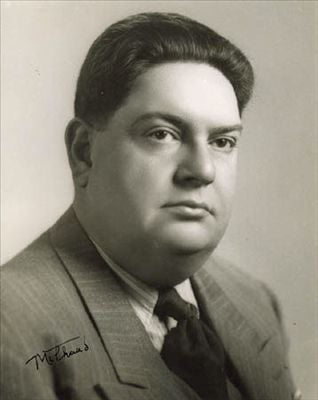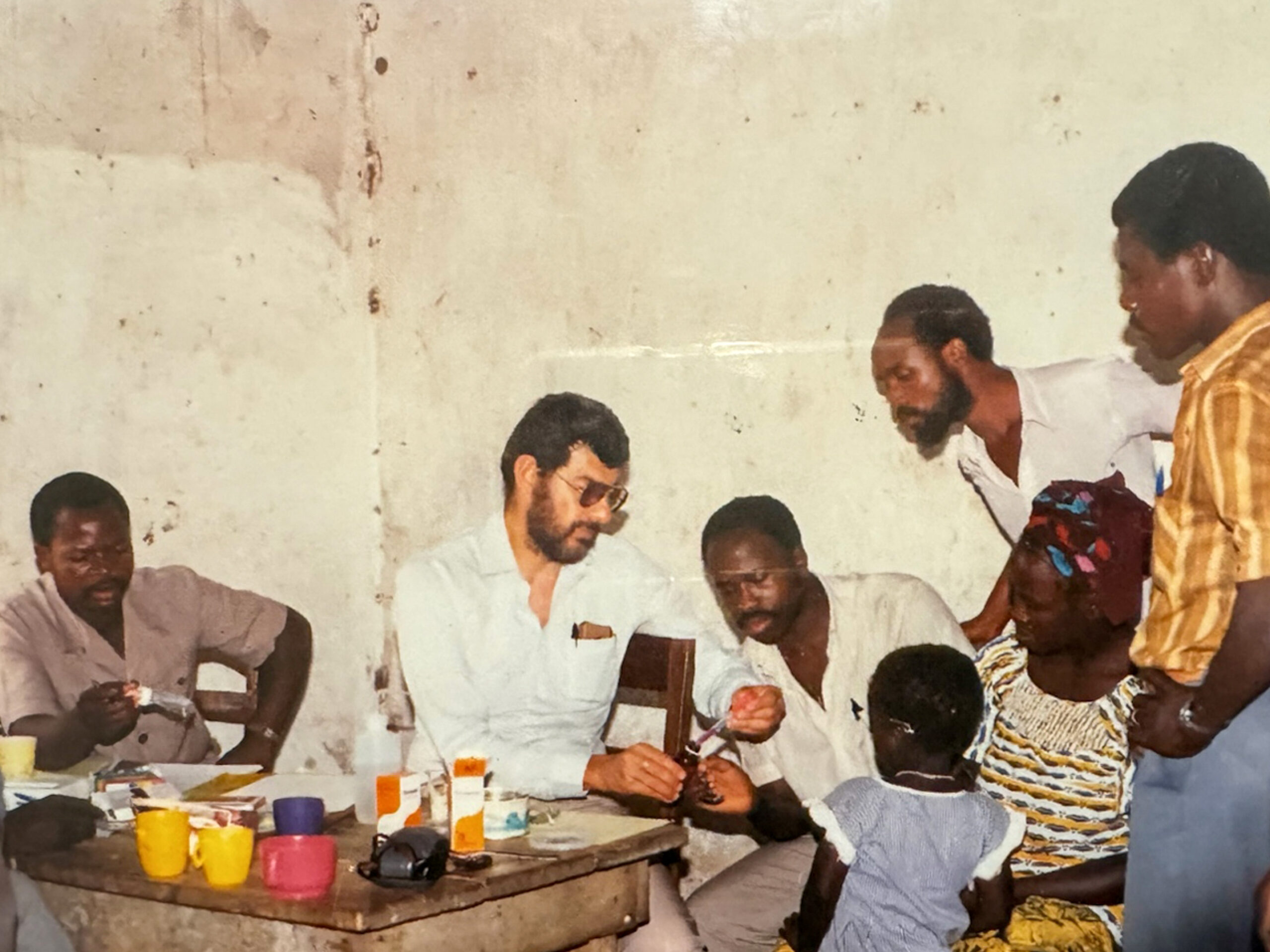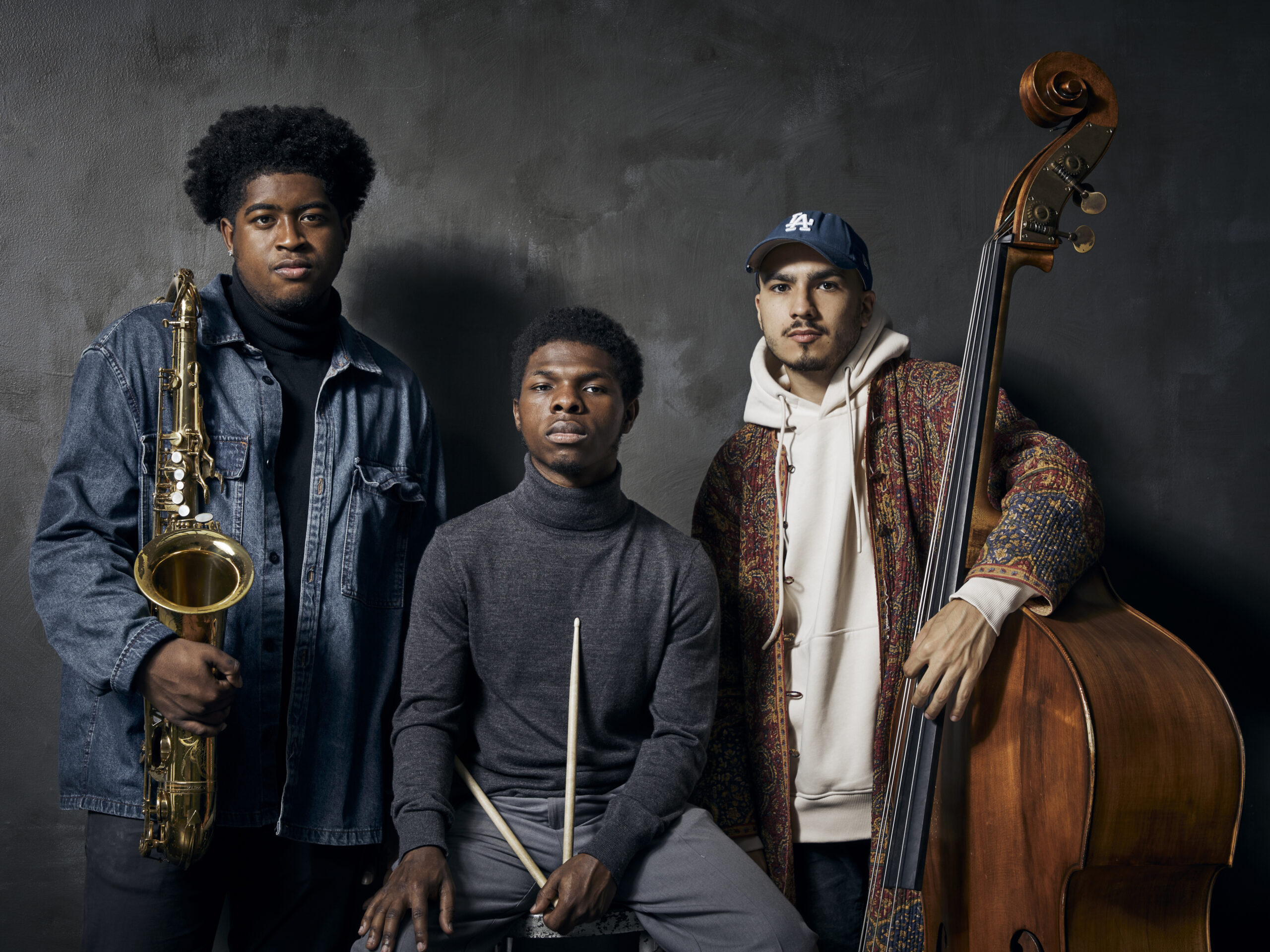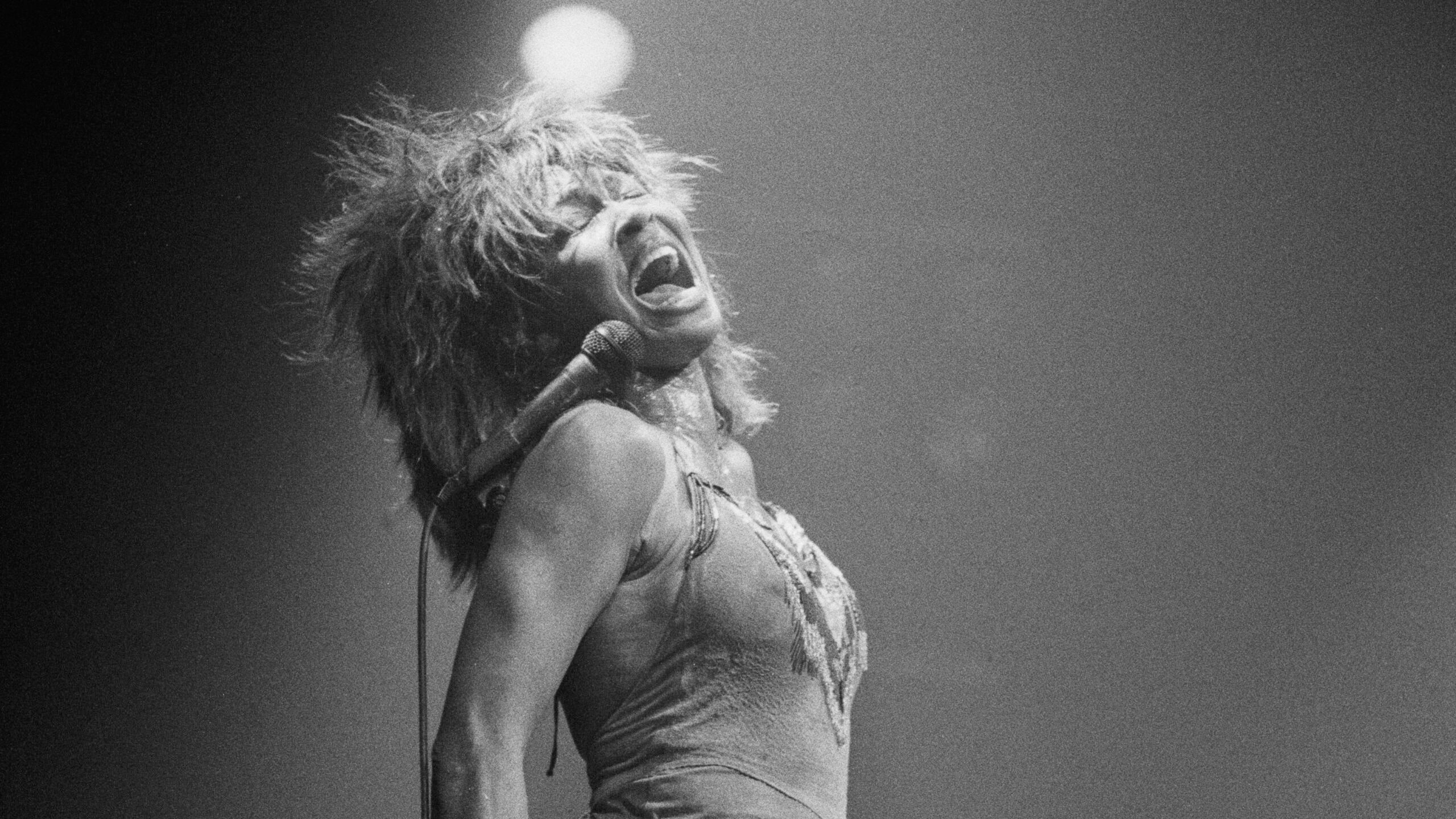Early in February 1917 composer Darius Milhaud left war-tom France for Rio de Janeiro as the secretary to the newly appointed French Minister to Brazil. His experiences there would not affect French politics, but they would influence French music.
Milhaud arrived in Rio in the middle of Carnaval — [a major event in the Brazilian year, and the holiday was his introduction to Brazilian folklore.] In his autobiography My Happy Life, Milhaud described the excitement in the streets as the time for Carnaval approached.
Stay informed on the latest news
Sign up for WPR’s email newsletter.
“One of the dancers’ favorite amusements is to improvise words to a melody that’s repeated over and over. The singer is supposed to keep coming up with new words, and as soon as he starts to run out of ideas, somebody new takes over. The monotony of this unending chorus and its persistent rhythm end up creating a hypnotic effect and the dancers fall under the spell of it.
“The crowds in the ballrooms are a good deal more elegant. The ladies go to the ball in their formal attire, leaning on their husbands’ arms. Since most of the Negro dancers are servants, they borrow their masters’ clothes, and sometimes even their names and titles. One night I heard “The President of the Senate” and “The British Ambassador” announced and saw two Negro couples, dressed to beat the band, come forward proudly.
“For six weeks the entire population throws itself into singing and dancing. There is always one song that becomes the most popular and it becomes the Carnaval song. We heard the one for 1917 wherever we went, cranked out by little orchestras in front of movie theaters, played by military bands and municipal orchestras, whistled and sung in some form in every house — and it followed us around all winter long.”
The rhythms and melodies of Rio stuck with Milhaud longer than that. He went on to write some of his best and most popular works inspired by the music he heard in Brazil during Carnaval.
Wisconsin Public Radio, © Copyright 2024, Board of Regents of the University of Wisconsin System and Wisconsin Educational Communications Board.






